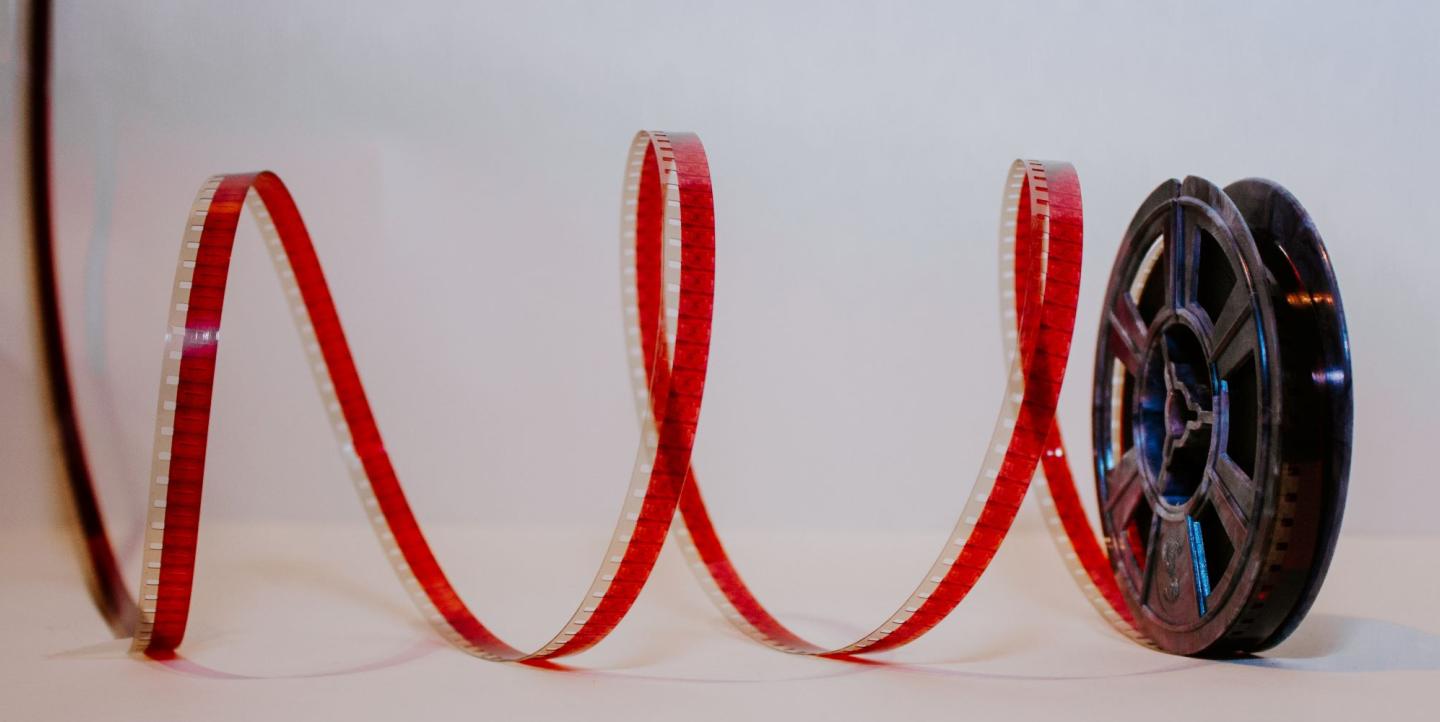Nigeria’s film industry, Nollywood, is the world’s second biggest, churning out roughly 50 movies in English and Indigenous Nigerian languages every week. Already an outsized contributor to African cinema, it has the potential to create over 20 million jobs and contribute US$20 billion to the continent’s combined gross domestic product, according to a U.N. report.
Media outlets that cover the industry fill a critical need, helping audiences understand the industry while facilitating important conversations around its growth and development.
The Film Conversation is one such outlet inspiring necessary conversations among film audiences and offering critiques of the industry's faults. Founded by Adebayo Yousuph Grey and Omolara Bushrah Atunwa, the platform aims to facilitate productive examination of the film industry.
“With [The Film Conversation], the key point is to have a platform that becomes the convergence point for the critical engagement of the film industry,” said Grey. “We seek to achieve [that] with consistent unbiased reviews as well as conversations with all stakeholders in the industry to understand the creative process to the art form. In between, we also highlight the challenges the industry is facing with attempts to really solve those problems.”
The Film Conversation offers its content in a variety of formats, including reviews, features, news, interviews, opinion pieces, quizzes and listicles. It has also leveraged social media to effectively engage its audience on Facebook, Twitter, Instagram, YouTube and TikTok.
More innovation is on the horizon, too. “We are planning to execute experiments with different content formats including more videos and podcasts. One of them, 'Document Nollywood' would be an attempt to have an approved Wikipedia page filled with relevant information for 1,000 different Nollywood films from yesteryears,” said Atunwa.
Anita Eboigbe, a film journalist and culture critic, agrees that quality film journalism would mark a positive turn for the industry. “Film journalism, although still growing in Nigeria, is at a place where we can attribute authority to a couple of platforms doing well,” said Eboigbe. “People are now speaking up, and the audience is getting more involved in the filmmaking process. What journalism does is stand as a connector between all the stakeholders and actors to see where each participant in the industry is failing or what it needs to do better.”
A relatively young platform, The Film Conversation's reporting has already left a mark on the film industry. “Our review of Femi Adebayo's Agesinkole remains widely read and appreciated for how it reiterated the cultural context of the film,” said Grey. “Our coverage of [the Africa Magic Viewers Choice Awards] was also quite appreciated by our audience particularly as we went social first. We had a feature story out on Kannywood and the industry's consistent clash with the censor board.”
The success notwithstanding, funding film journalism remains a challenge. “There is the hurdle of attracting investment in order to scale operations, increase mileage and soar up impact,” said Atunwa. “Not everyone wants to invest in a film journalism startup because of concerns about business viability.”
Increased reporting on Nigeria's film industry drives benefits for journalists, audiences and the film market itself. “The momentum is sustained to train and pump more quality film journalists into the market – wherever you turn, you see quality conversations and reporting. What that does is that it increases the trust that the audience has in the market, exports the market faster and increases the trust that the filmmakers [have] in the audience,” she said.
The future for film journalism in Nigeria is bright, Atunwa noted: “As the industry continues to open up and appeal to bigger audiences, we'll be here to document the strides of the industry from now onward, both from the creative and the business ends.”
Photo by Denise Jans on Unsplash.


